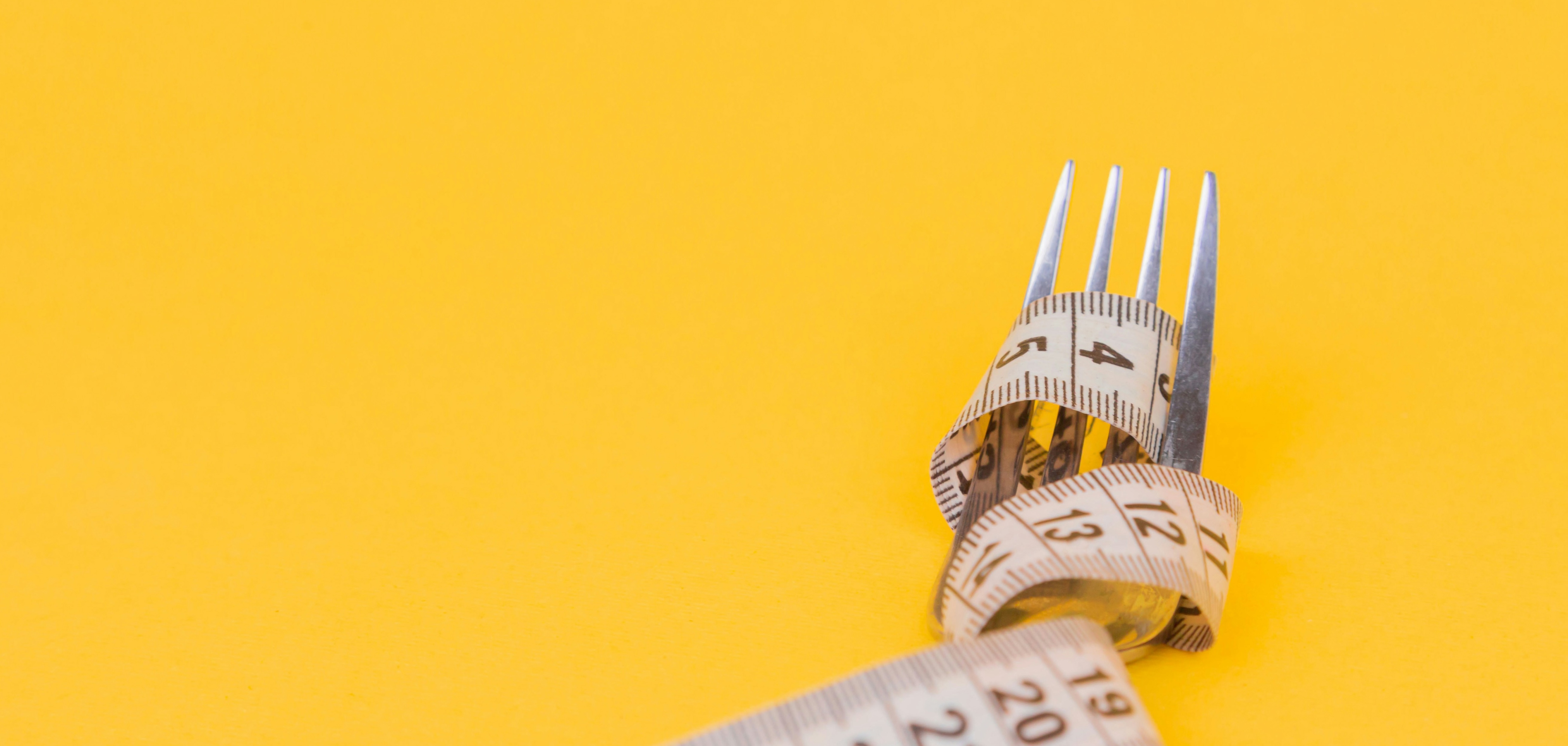While the health risks of being overweight are frequently discussed, being significantly underweight (BMI < 18.5 kg/m²) can also pose risks to your health and the function of your transplanted kidney. Medical teams typically use the body mass index (=BMI) to assess and monitor underweight conditions.
Risks of Being Underweight After a Kidney Transplant
Many people experience unintended weight gain after a kidney transplant due to immunosuppressive medications, which can affect your blood sugar and fat metabolism. However, some individuals may also struggle with underweight issues. Severe underweight can slow post-surgical recovery, delay wound healing, lead to loss of muscle mass and increase the risk of early transplant rejection.
Preparing food after kidney transplantation
Regardless of your weight, you should always follow recommended dietary guidelines for food preparation after kidney transplantation. These can help you to prevent complications caused by the intake of immunosuppresive medications. In addition to your medical team, Mizu offers resources, tools, and helpful suggestions to support you with your nutrition after kidney transplantation.
10 practical tips for sustainable weight gain
After kidney transplantation, it is particularly important to maintain a healthy weight. If you struggle to gain or maintain weight, the following 10 tips can help you adjust your diet and improve your well-being. Always keep in mind that weight changes take time and require intentional lifestyle adjustments. These recommendations are not quick fixes but are designed to help you build sustainable habits. Choose what works best for you and start with small steps to reach your desired outcome.
1. Stick to calorie-dense, nutrient-rich meals
Focus on foods that are both calorie-dense and rich in essential nutrients. While fast food and processed foods are high in calories, it is best to prioritize natural, nutrient-rich options. Avocados, plant-based oils, and whole grains are excellent choices.
2. Maintain regular meals
Ensure you do not skip planned meals throughout the day. Aim for at least three main meals daily, and consider additional snacks to boost your calorie intake.
3. Consume protein-rich foods
Proteins are essential for maintaining and building muscle mass, which is particularly important for underweight individuals. Good protein sources include fish, eggs, meat, and dairy products.
4. Ensure adequate fat intake
Fats are an important energy source and are high in calories. Incorporate healthy fats, such as plant-based oils, into your daily diet.
5. Quit smoking
Smoking can suppress appetite. Quitting smoking may help improve your ability to gain weight. Your medical team can provide resources and support to help you quit smoking.
6. Address digestive issues
If you experience digestive issues such as nausea or appetite loss, consult your medical team for possible solutions, including dietary modifications or specialized supplements. Some post-transplant medications may also contribute to these issues.
7. Opt for smaller, high-calorie portions
If you feel full quickly, try eating smaller but more calorie-dense meals throughout the day instead of fewer larger portions.
8. Seek psychological support
Underweight issues are sometimes linked to eating disorders. In such cases, seeking support is crucial. You are entitled to professional assistance from your healthcare team, especially in sensitive situations like these.
9. Practice relaxation and stress reduction
Stress can suppress appetite. Relaxation techniques such as meditation, yoga, or breathing exercises can help maintain balance and support healthy eating habits.
10. Work with a Nutritionist
A personalized nutrition plan from a registered dietitian can help you gain weight safely while ensuring your diet supports your kidney health.
How to Get Started?
Before making any major dietary changes, consult your medical team or a registered dietitian. They can provide personalized recommendations to ensure your nutrition plan meets your specific needs.
















